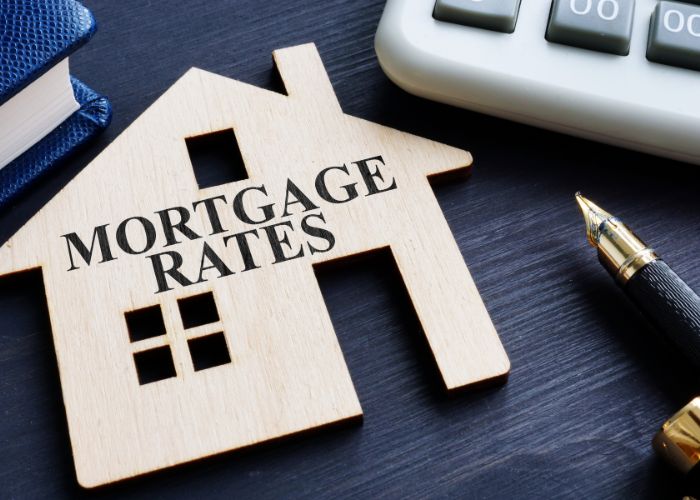MADRID – The 12-month Euribor – the main reference index for variable mortgages in Spain – has moderated its increase since 2022 and closes in March with a monthly interest rate of about 3.65%.
In the case of variable mortgages, which now have to be revised, this translates into an increase of about €300 per month. Moreover, this interest rate on which the mortgage interest is partly based has now risen for 15 consecutive months.
The fact that the increase in Euribor slowed down in February comes in an economic context marked by the crises of the Silicon Valley Bank and Credit Suisse. These have caused turmoil in the financial system and world markets.
Although the Bank of Spain has yet to confirm the data in the coming days, the index registers its smallest increase since March 2022. That was the last month in which Euribor was negative. Just a month later, in April, for the first time in 16 years, the rate went up. Since then, the Euribor has not stopped rising, making variable mortgage costs more expensive, which has created a difficult financial situation for many households in Spain.
Related post: Banks in Spain expect an increase in the number of defaults on mortgages
With the average recorded so far, a person with a 30-year variable mortgage of €150,000 and a differential of 0.99% plus Euribor will experience an increase of €306 in their monthly payment. In absolute terms, it goes from €465 to around €772 per month. This corresponds to an annual increase of approximately €3,680.
Experts expect the Euribor to reach 4% this spring
“At the beginning of the month, we bet that the interest rate would close at 4%. However, with the bankruptcy of the US bank SVB and the subsequent bailout of Credit Suisse, we have seen many ups and downs in Euribor values. That 4% has moved up a bit, but we continue to think that this indicator will reach 4% this spring,” says the director of mortgages at iAhorro in RTVE.es.
Related post: Euribor at its highest value since 2008
Experts also foresee an interest rate increase by the European Central Bank this spring. Although the president of that entity, Christine Lagarde, has not yet made any announcement about this.
HelpMyCash experts point out in the same RTVE.es article that several financial market players believe the ECB could stop raising rates at its May and June meetings so as not to create problems for European banks. They believe that the advance of the Euribor “will depend on the evolution of inflation in the euro area and confidence in the financial sector.”
“If inflation continues to rise, it is very likely that the ECB will continue to raise its rates, leading to a higher Euribor. On the other hand, if inflation falls a lot or a banking crisis breaks out (something which is unlikely today), the ECB will ease its policy and the Euribor will stagnate,” they added.
In this context, according to advanced data from the INE, inflation in Spain eased to 3.3% in March, a figure far removed from the 6% recorded in February.
Related post: Bank of Spain foresees further increse of food prices


